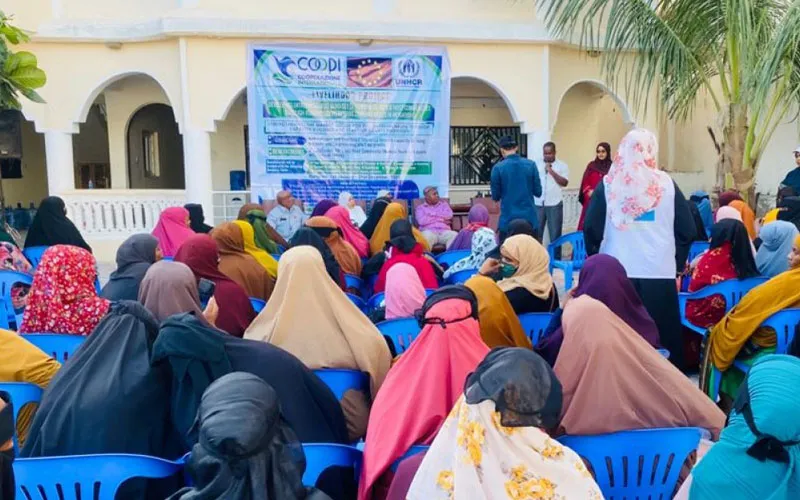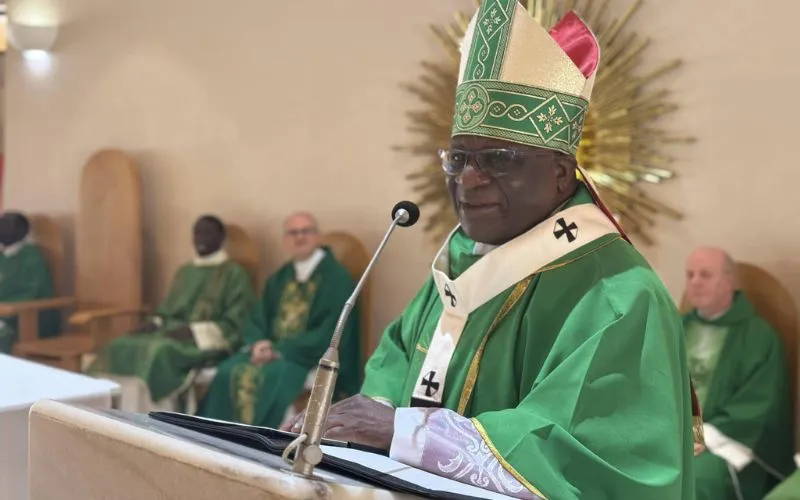Mogadishu, 14 December, 2020 / 8:12 pm (ACI Africa).
Hundreds of vulnerable people in Somalia’s Mogadishu Diocese have benefited from entrepreneurship training and business start-up capital from the leadership of Cooperazione Internazionale (COOPI), an Italy-based non-governmental organization (NGO) founded by a Jesuit Cleric.
Among the 250 beneficiaries of the training are displaced persons and returnees who had escaped the protracted conflict that the Horn of Africa nation has experienced since the collapse of the central government in 1991, a Monday, December 14 report obtained by ACI Africa indicates.
“The project stems from the need to facilitate the social and economic reintegration of returnees, mainly from Kenya, and internal displaced persons who often have no access to economic support from their families and even less from financial institutions,” COOPI officials have reported.
They add referencing the beneficiaries, “The unemployed condition in which they are once they arrive in the peripheral areas of Mogadishu does not allow them to live in healthy and dignified conditions.”
To mitigate the impact of unemployment on Somali’s vulnerable population, the leadership of the Milan-based entity with presence in some 30 countries facilitated a two-month course aimed at building the capacity of the beneficiaries on economic and managerial issues.








